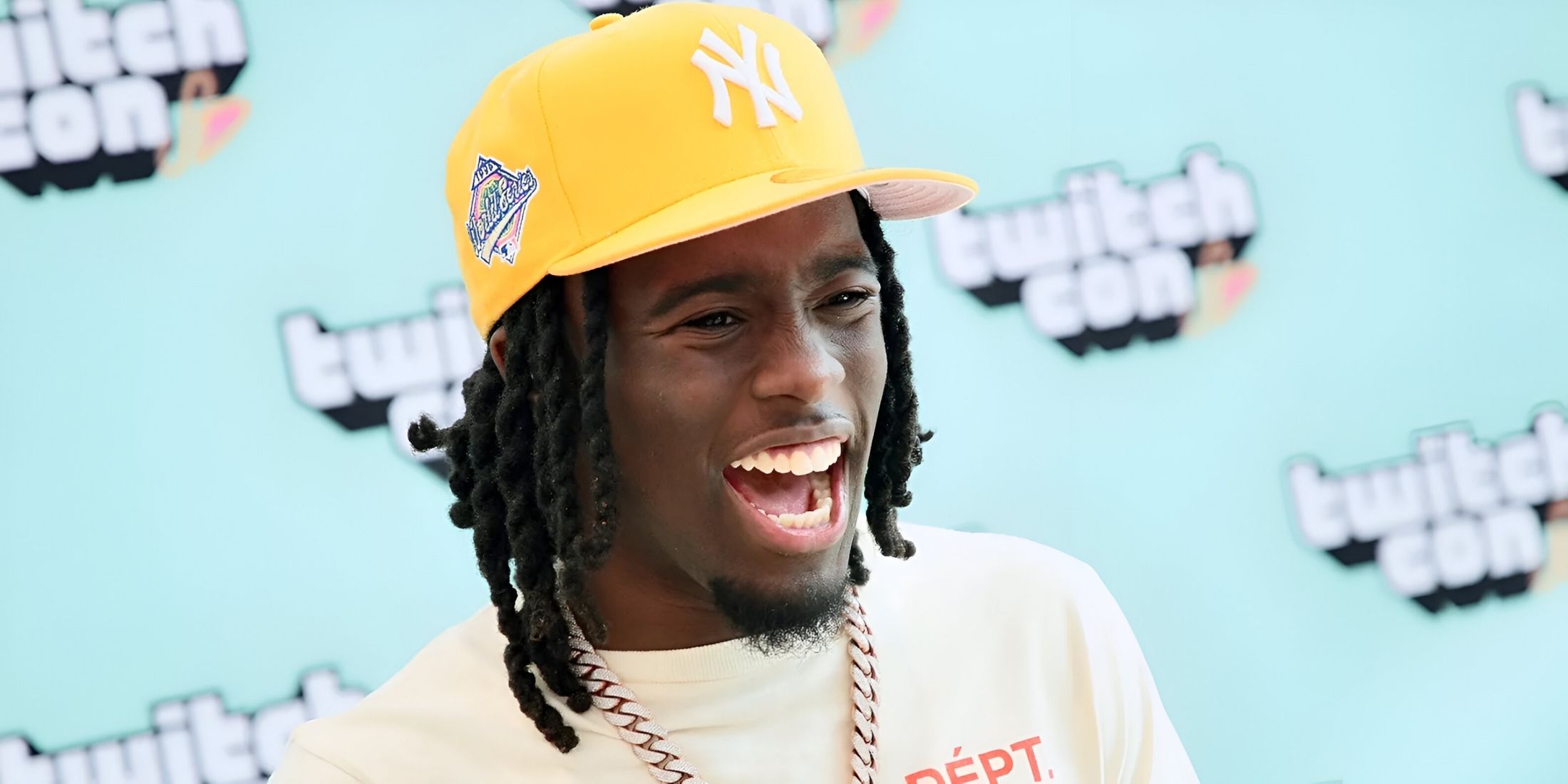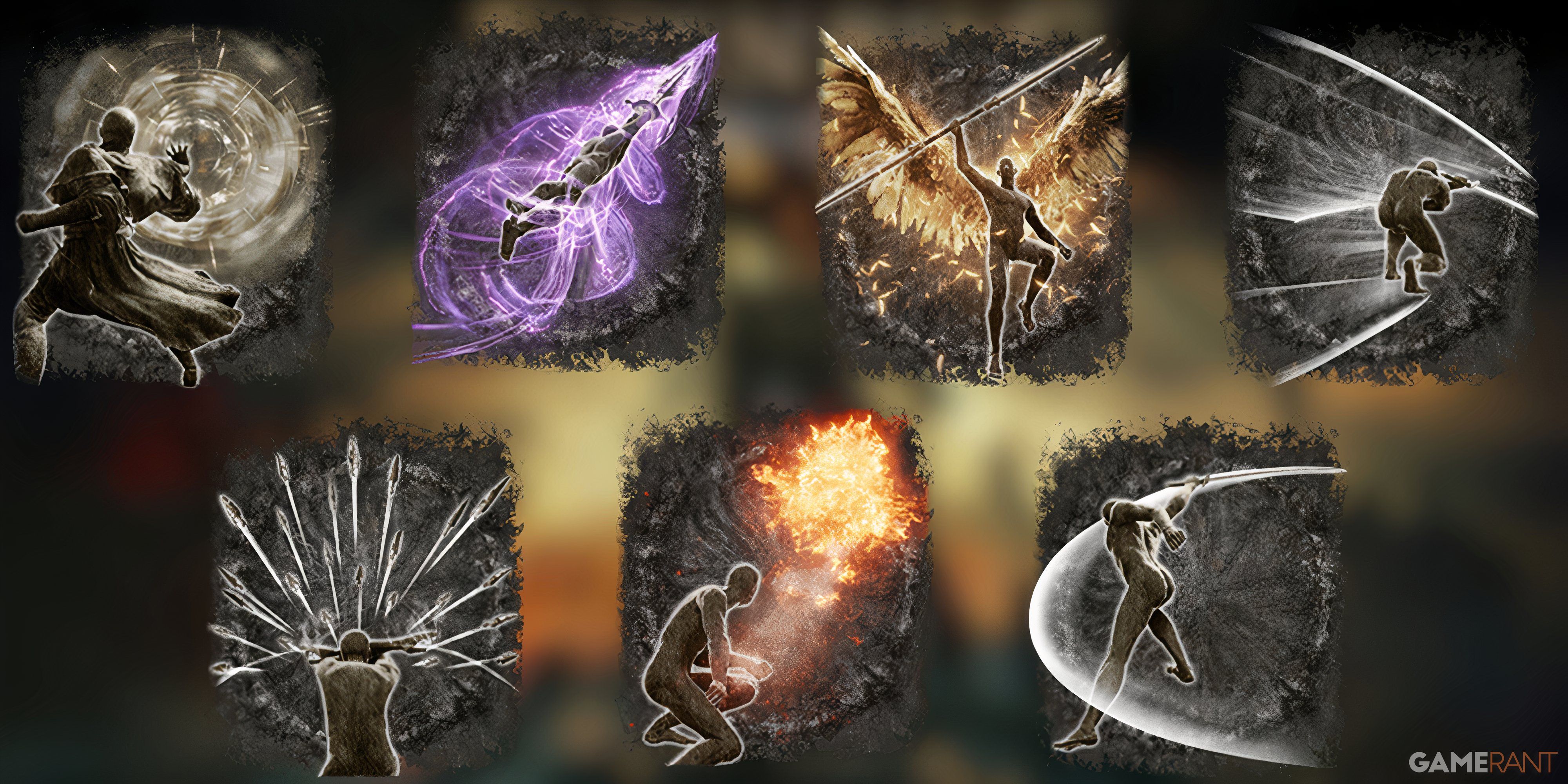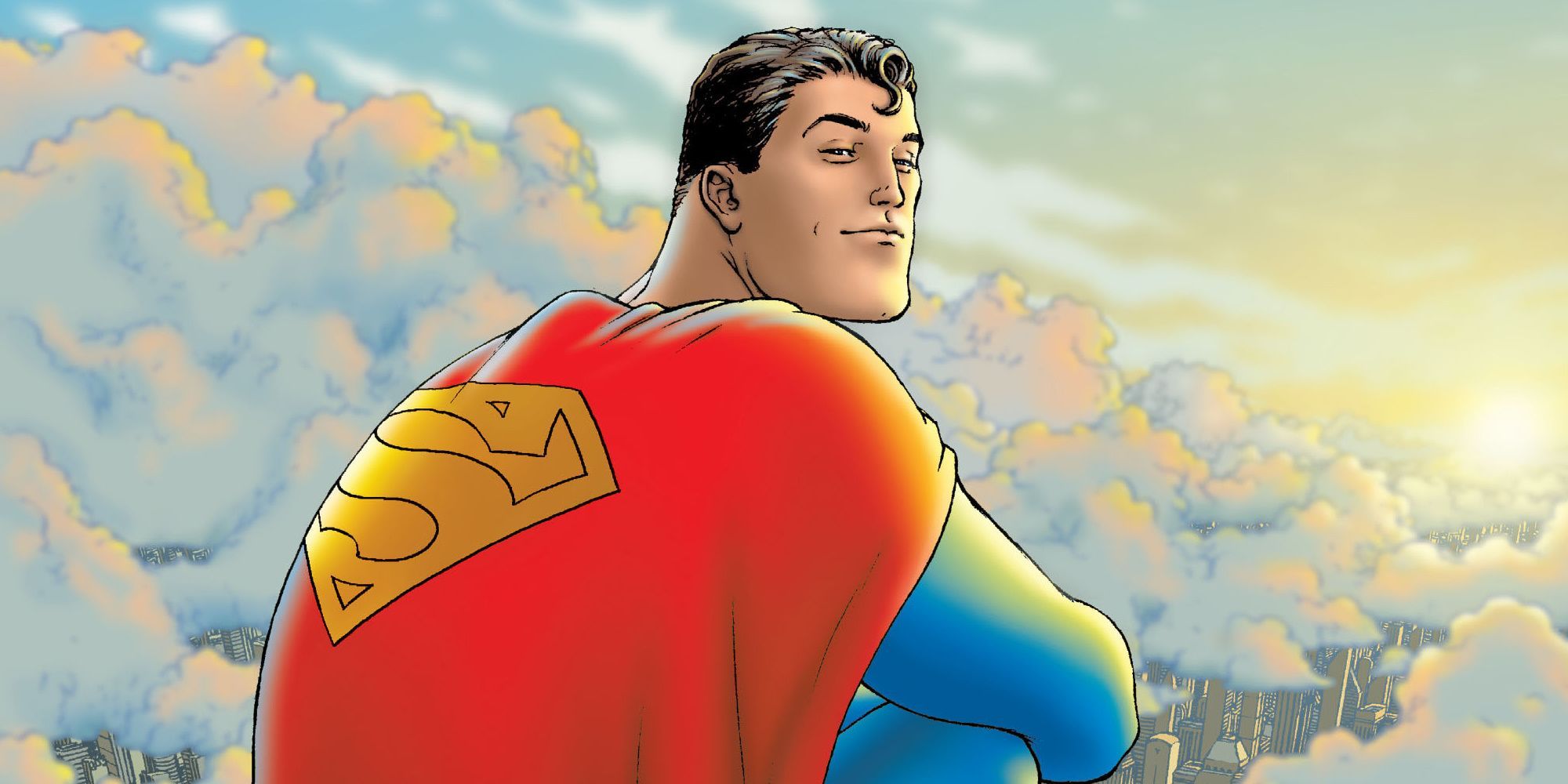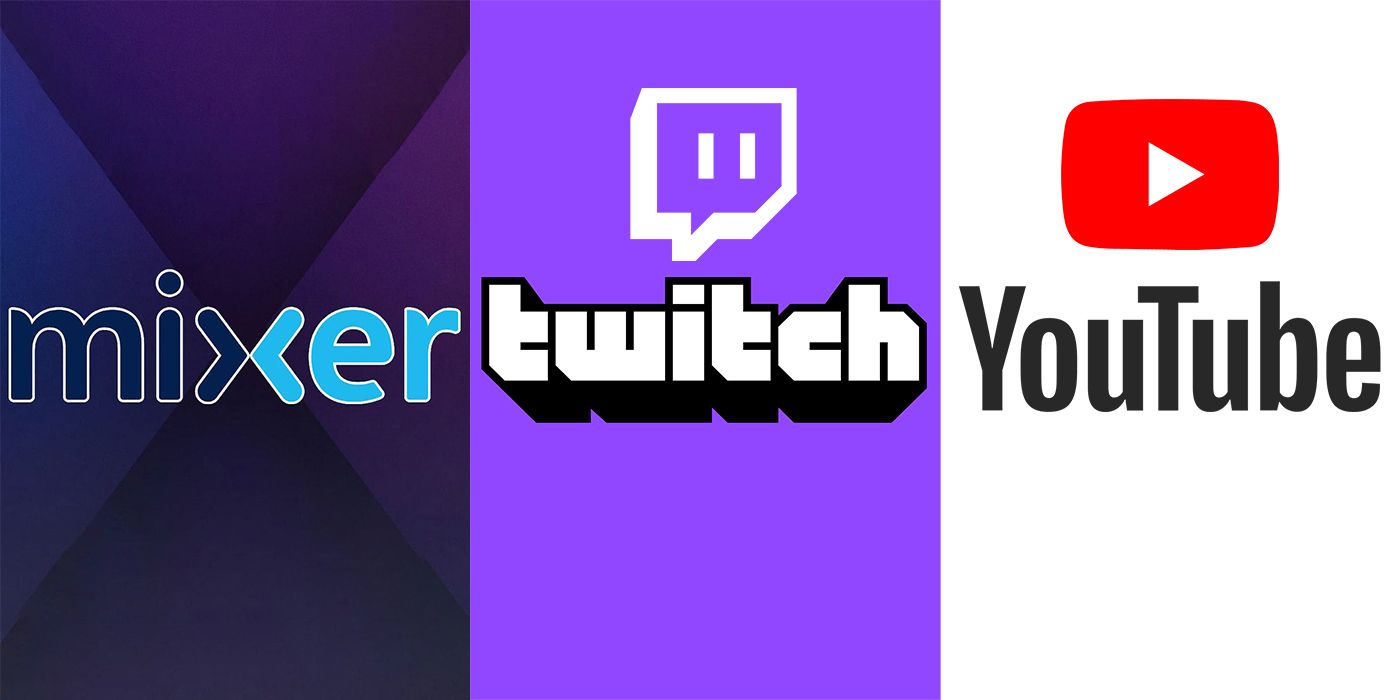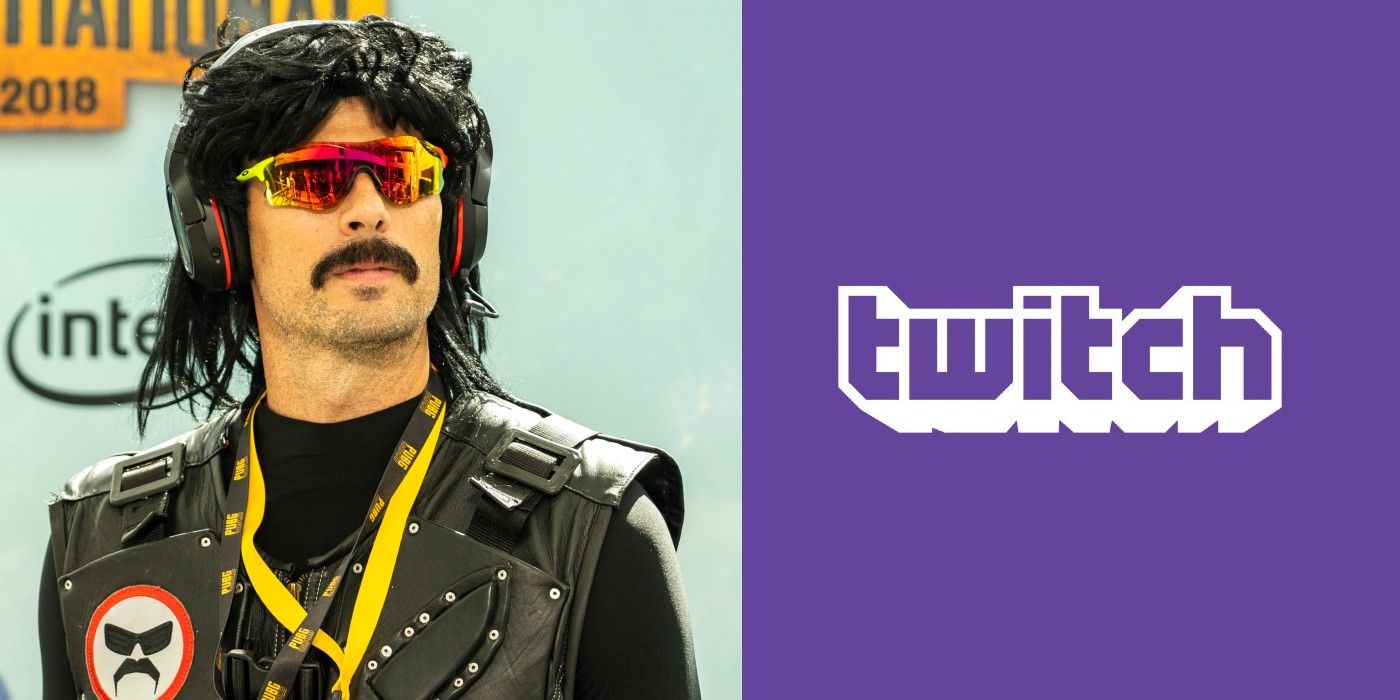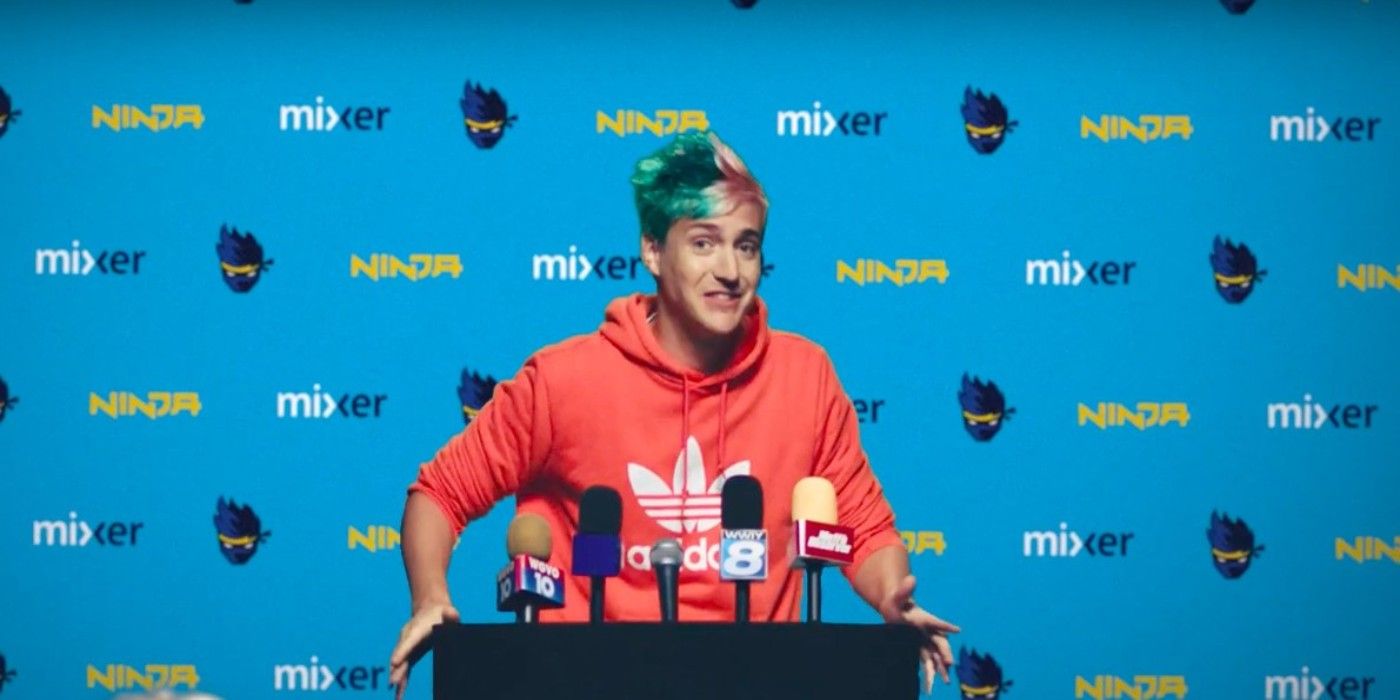Despite the year just being halfway over, the streaming community has seen a lot of major disruptions and controversies already. Big streamers and even streaming services in general have seen a litany of controversies ranging from ruling inconsistencies to highly publicized departures. The communities on Twitch, YouTube, and Facebook Gaming continue to be safe havens for a lot of gaming fans, but many of the high profile streamers have been under the microscope in 2020.
Streaming on platforms like Twitch has had several specific controversies and conspiracies this year alone: Dr. Disrespect's mysterious ban, continued drama and harassment both from and against a plethora of streamers, Mixer shutting down its service entirely and forcing creators off the platform, among several serious issues with creators' mental health and harassment on the platform. Streaming, in spite of all the good that truly has come from the entertainment medium, has had some serious rough spots in 2020.
Inconsistency and Lack of Communication From Twitch
Inconsistency in rule enforcement and lack of communication has been an issue with Twitch for a while, but it's really come to a head in 2020. Strikes and bans were being handed out for some streamers who had previously never been punished for their actions previously, leaving many to wonder what the precedent for their punishment actually was. Earlier in the year this conversation spiked when several streamers received DMCA claims on older VODs of their streams that contained any music covered under the Recording Industry Association of America. Of course, this lead to streamers deleting potentially problematic VODs and clips from their channels, despite never having to do that previously where copyrighted music had played before.
The lack of official communication or mediation from Twitch exacerbated this problem, something Twitch has had problems with before. Most recently, Twitch's vague commentary on their terms of service was most apparent with Dr. Disrespect's ban. Regardless of what he did, it's been over a week and the platform has only made an official statement that inferred Dr. Disrespect had broken Twitch's Terms of Service. Tons of rumors have swirled since then, with many speculating the iconic streamer had committed a heinous offense. This notion was bolstered by several industry insiders as well, noting that the sensitivity of the situation meant no context was given.
Regardless of the circumstances or what Dr. Disrespect did, Twitch's vagueness in its public-facing messages has only served to embolden those who would spread rumors anyway. This pervasive air of mystery around his sudden and permanent ban not only fueled harassment onto other streamers like Alinity, but also doesn't serve to clarify any suspicions and makes Twitch out to be some silent judge. This isn't a defense onto Dr. Disrespect's ban, simply pointing out the fact that this ambiguity is what fuels the anxiety of other high profile streamers.
Pervasive Abuse and Mental Health Issues
That lack of direct addressing of issues and vague communication has led to a lot of the deterioration of mental health for several streamers as well. It's a tough subject to tackle, but the truth is many streamers have had to openly tackle harassment on stream and on social media. It's not enough for Twitch to have its Terms of Service or other legal documentation to speak for itself when it comes to harassment of other streamers, or when it comes to supporting streamers like Ohlana or Reckful, who's well-documented struggles with mental illness resulted in their deeply saddening passing. Twitch as a platform thrives on and encourages a sense of community, but never does the company vocalize that desire to cultivate or support its members and content creators.
From an outsider's perspective, it may seem like the platform has no infrastructure in place for supporting its streamers. That's not inherently true, as the platform has its own "Twitch Cares" page dedicated to mental health support. There are several incredibly important and helpful resources mentioned on that page, highlighting information and resources for everyone, streamers and viewers alike. While having these support pages available to all Twitch users is good, how are community members supposed to know these sites exist in moments of crisis?
The problem arises from streamers and viewers who don't know or aren't actively searching for Twitch's resources in the event of a mental health issue. Twitch's silent nature when it comes to corporate communication is part of this problem, but also this lack of communication doesn't actively encourage the Twitch community from seeking or encouraging help from others for these issues. As a result, many streamers have a rightful trust issues with the platform that's the foundation of their livelihood. Visibility and vocality on these issues, which manifest on the Twitch platform daily, is the first step towards combating mental health issues on the streaming platform.
Mixer's Platform Shuts Down
While Twitch's issues have been thoroughly documented this year, other streaming services have not been invincible in 2020. Just a short while ago, Mixer announced the platform was shutting down and encouraging existing content creators to move to Facebook Gaming. Unfortunately the writing was seemingly on the wall for Mixer for quite a while, as updates to the platform slowed to a crawl and viewership continued to steadily decrease overall. This was a stark contrast to efforts made by the platform to secure high profile streamers like Shroud and Ninja. Likely as a method of encouraging organic growth in viewership across the streaming service, these two simply didn't pull the same viewership numbers they used to average on Twitch.
Of course, less competition in the competitive streaming market means more attention for Twitch, YouTube, and Facebook Gaming. At this point Twitch/YouTube/Facebook Gaming, despite leveling the playing field, had superior community interaction features than Mixer did anyway. Mixer at least attempted to make an effort on easing the onboarding process by partnering with Facebook Gaming, but many streamers opted to move to Twitch anyway. Even Shroud and Mixer retained the freedom to become free agents, still receiving their contracted bonuses from Mixer whilst also being able to move to whatever platform they preferred. It's unfortunate for those who developed a profitable livelihood on Mixer, now having to suddenly migrate their viewership on good faith to other platforms.
Streaming in 2020 has seen some serious disruptions and upheavals this year, but it's important to note that not everything is doom and gloom. There's been tons of stories about communities coming together in response to many of these aforementioned controversies. Ninja and his wife have been supporting streamers on the Mixer platform who will be migrating to new services. One streamer Jaiscot received overwhelming support from his former-Mixer community on Twitch, with several subscribers and viewers returning to watch. There's hope for streaming's immediate future, and still remains one of the best gaming-related hobbies and careers for fans and enthusiasts.

